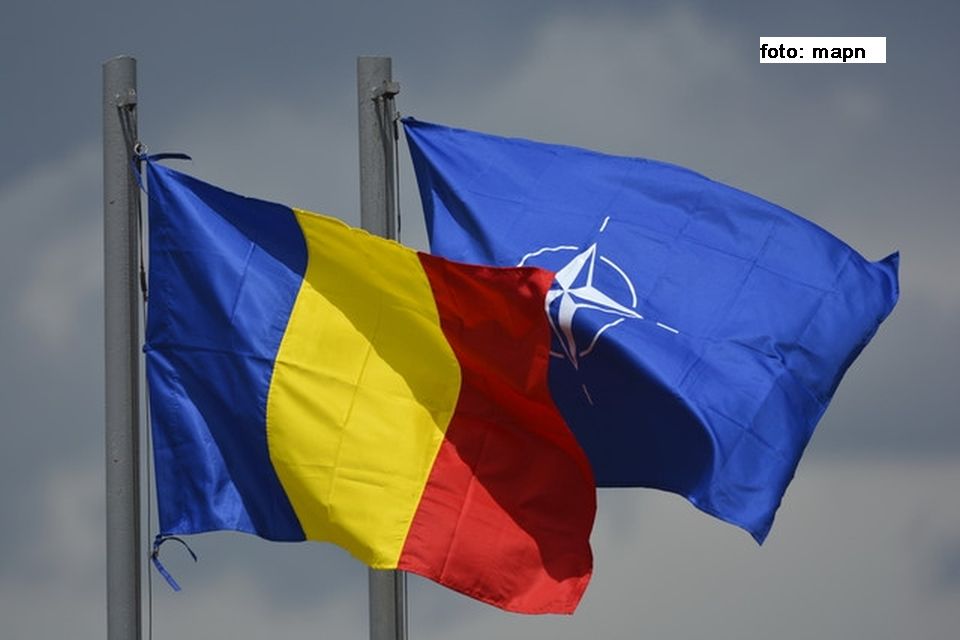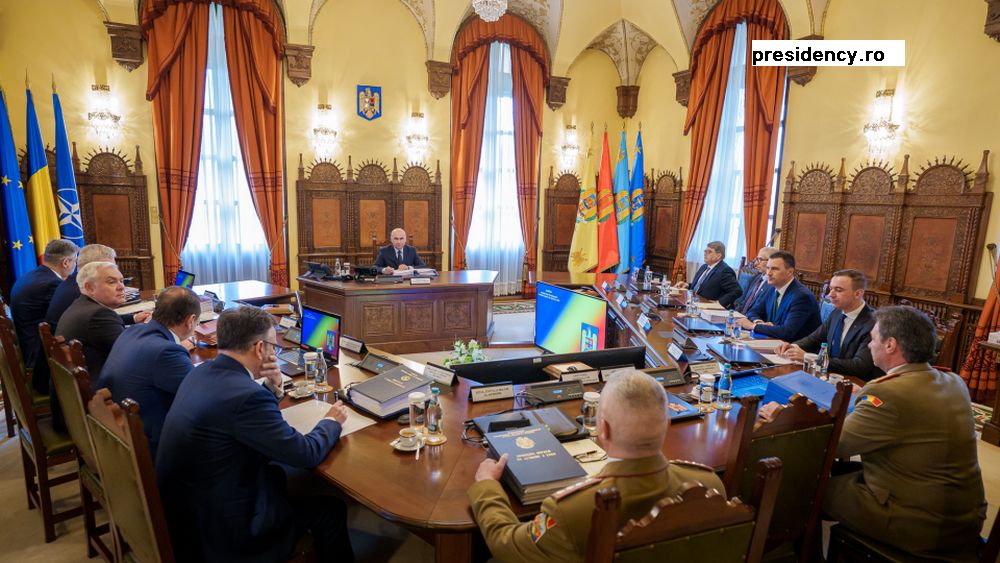Defense Procurement in Romania
By the end of the year, the Romanian Army will have purchased the first US Patriot missile defense system. The announcement was made by the Defense Minister Mihai Fifor at an event that was also attended by the countrys president Klaus Iohannis

Corina Cristea, 28.09.2017, 13:54
A member of NATO since March 2004, this year Romania has allocated 2% of the GDP for defense, which allows it to run equipment programmes aimed at modernizing its armed forces. Attending on Wednesday a defense meeting in Bucharest, the line minister Mihai Fifor announced that the Romanian Army would purchase, by the end of the year, the first Patriot defense system.
Mihai Fifor: “We are waiting for the US’s acceptance letter in order to pass on to the contracting stage and purchase the first programme. During the talks we held with the US Defense Secretary Mattis we requested a scheduling of payments, because, on the one hand, this would be a proof of credibility, and, on the other hand, it’s much more convenient, enabling us to ensure the purchasing of these systems in the following years. Also this year, we hope that Uzina Mecanica Bucuresti, the National Company for Military Technique, and General Dynamics will start collaborating and that we will be able to purchase 10 Piranha armored carriers.”
Minister Fifor has also announced that, on the very day when Romania took over the last three F16 from the first 12-strong squadron, Bucharest started negotiations with the US government to purchase another 35 F16 fighters. These are second-hand fighters, to be taken over from Portugal.
Attending the Global SOF Symposium Europe, hosted by Bucharest, the Romanian head of state Klaus Iohannis stated that politicians must guarantee a minimum level of predictability for those who are in charge of planning defense and security. He has also said that strategic planning must ensure both enhanced flexibility with regard to procurement, and the development of capabilities adapted to current conventional, asymmetric and hybrid challenges.
Uncertainty and lack of predictability have become common topics when assessing the current security environment, both at regional and international level, president Iohannis has also said. This is the reason why, starting with the national defense strategy and continuing with the new laws on defense planning and organizing the National Defense Ministry, Bucharest has set the political and legal framework for the development and consolidation of such capabilities. Within this framework, two new command units will be established: the Special Operation Forces Command and the Cyber Defense Command.






























